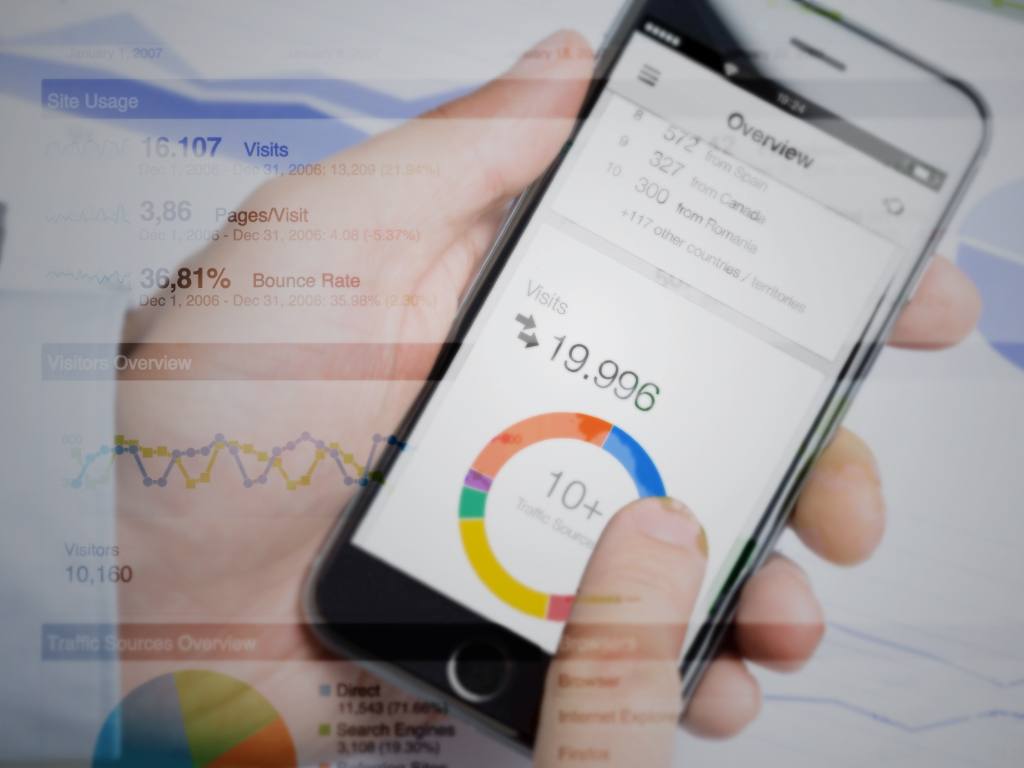Although your event may take place offline, you should still measure the success of your events just as you would any online marketing strategy. You may promote your event through your website, social media, digital community calendars, and more. Many of these methods will provide you with metrics to analyze your success (or lack of success) in reaching your audience.
As an owner or marketing director of a business, you likely spend a lot of time working toward getting more potential clients to engage with your company. One of the most effective ways to do so? Events.
In-person networking opportunities are a valuable way to get prospective customers to visit your business, learn what you do, and establish long-term relationships. In fact, the Content Marketing Institute reported that 69 percent of B2B marketers found in-person events an effective form of content marketing.
As you begin planning your event, keep these tips in mind to measure the success of the event and its promotion.
Create A Registration Page & Establish Goal Tracking
Once all of the details regarding the event are finalized, you’ll want to create a specific landing page on your website for interested attendees to learn more. This page should list the event’s date and time, provide an overview of what will happen at the event, and a registration form.
The registration form will help you keep track of who’s coming to the event and what channel drove them to your site. By dedicating a page to the event, you can utilize Google Analytics Goals to track conversions (i.e., those who visited the page and registered for the event).
Promote The Event Online
You should begin promoting your event at least two weeks ahead of time. This will allow people enough time to learn about the event, schedule themselves to attend, and arrange any other logistics ahead of the event.
To maximize the effectiveness of your promotion in reaching your target audience, you should market across a variety of channels, including:
- Organic search
- Paid search
- Display advertising
- Social advertising
- Email marketing
- Event listings
- Public relations
As you decide which channels will be most strategic for your event, you’ll want to make sure that Google Analytics is properly set up to track the effectiveness of those channels.
For example, if you’re utilizing AdWords to run your paid advertising, confirm that your AdWords and Analytics accounts are linked. To best track email marketing or other paid advertising sources, be sure to properly tag URLs linking to the event page to ensure that event signups are attributed correctly. Google’s URL builder helps to streamline this process. For more information on tagging URLs, see this article.
Track Signup Sources
As you start to receive RSVPs to the event, you’ll want to know how they learned about it. Did they see a Facebook ad or did they do a search on Google?
To determine what sources are driving registrations, you can use the Goals page in Google Analytics. Simply select the Goal being tracked via the event page on your website.
For example, here’s data from an event signup for a college open house. We can see that 46 individuals signed up, while the Source/Medium section in the lower right shows us where they came from. Most came from Direct (likely a result of direct mail pieces sent out to promote the event), while Google organic search drove the second most signups. In addition, “google/cpc” indicates signups from paid search, demonstrating that both paid and unpaid channels drove event signups.
Track Attendees
You may know from your own experience that not everyone who RSVPs to an event actually attends. This is especially true with business networking events because meetings come up, client work calls, or other interruptions simply alter their plans.
The simplest way to track attendance is to print a registration list and have someone at the door check-in guests. Tools such as Eventbrite also provide mobile apps to assist with check-in.
Google’s policy prohibits us from using Google Analytics to track personally identifiable information. Therefore, the registration form is the best place to gather information about how specific individuals heard about your event.
You can set up the registration form to pass referrer information for each individual who submits via the page, which will provide you with the original source that led that person to the site.
For example, you can see whether an individual who submitted the signup form came from organic search or a Facebook ad. Automated platforms, such as Marketo or Pardot, will set up this feature for you, or you may need to ask a developer to implement it.
Conclusion
Hosting, promoting and executing events requires a lot of work, and you’ll want metrics to prove their effectiveness, as well as justify their cost. Not only can events position your company as a leader in your industry and provide opportunities for introductions to potential clients and partners, but events can also deliver additional sales leads.
By properly setting up Google Analytics to track promotions and registrations, you’ll know what sources helped to drive people to attend and how to best allocate your marketing resources the next time you plan to host an event.
Are you analyzing the success of your offline events using Google Analytics, or some other way?


